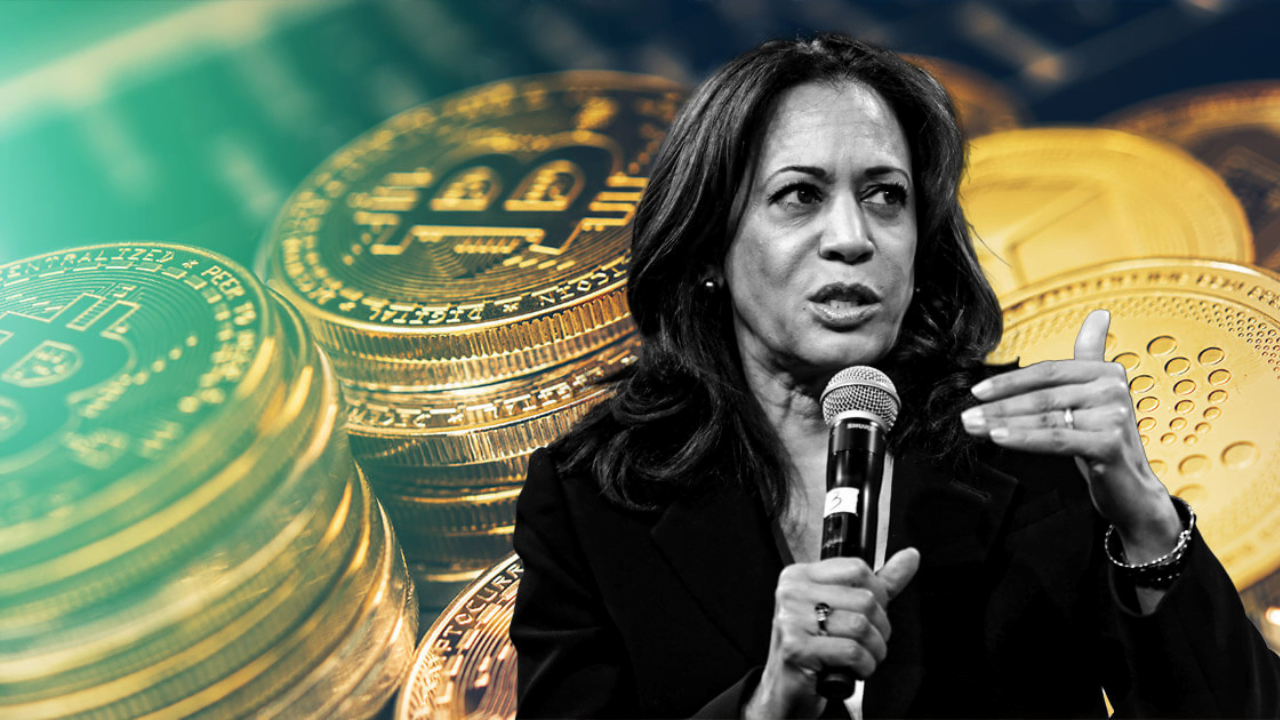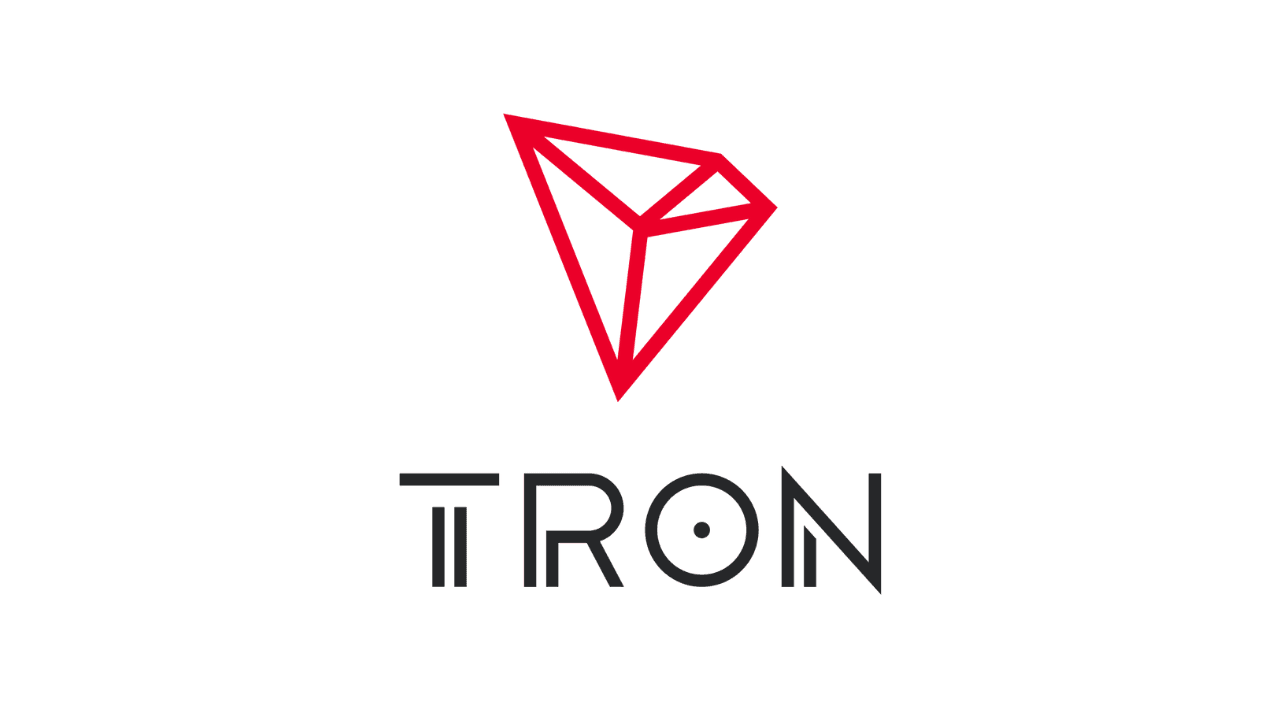In her first public address since launching her campaign for the U.S. presidency, Kamala Harris laid out a clear commitment to foster innovation, particularly in the fields of artificial intelligence (AI) and digital assets like cryptocurrency. During a Wall Street fundraiser in Manhattan, Harris vowed to make the U.S. a global leader in technology while balancing this advancement with regulatory measures designed to protect consumers and investors.
“We will partner together to invest in America’s competitiveness, to invest in America’s future,” Harris said. “We will encourage innovative technologies like AI and digital assets while protecting our consumers and investors.”
Table of Contents
ToggleA Push for Technological Innovation and Growth
Harris outlined her plans to make the United States a leader in technology by investing in industries critical for the future, including AI, digital assets, semiconductors, and clean energy. Her comments signal a potential shift from the current administration’s stance on cryptocurrency, which many in the industry have seen as restrictive.
The U.S. cryptocurrency sector has been eagerly awaiting Harris’ stance on the matter, especially given President Joe Biden’s perceived harsh regulatory environment. Harris’ remarks provide some hope for more favorable policies.
Brian Nelson, Harris’ senior campaign adviser, hinted last month that she would support clear and consistent crypto regulations if elected. “The industry needs rules of the road,” Nelson said, adding that clarity in regulations would prevent market instability like the collapses seen in recent years.
Mixed Reactions From the Crypto Community
While Harris’ statements were generally well-received, reactions from the crypto community were mixed. Faryar Shirzad, Coinbase’s chief policy officer, welcomed her comments but noted they were not as “forward-leaning” as those made by her Republican rival, Donald Trump.
“This is an important and constructive statement from Kamala Harris,” Shirzad said. “It’s notable because she recognizes digital asset innovation as being important and on par with AI.”
Some industry figures, like Alexander Grieve, vice president of government affairs at venture firm Paradigm, expressed optimism. Grieve called Harris’ remarks “encouraging” and added, “Regardless of who wins in November, this should be the last anti-crypto administration.”
However, not all reactions were entirely positive. Variant’s legal chief Jake Chervinsky voiced concern over Harris’ statement that innovation must come “while protecting our consumers and investors.” Chervinsky warned that this phrase could be used to justify restrictive policies under the guise of consumer protection, which has been a common tactic among crypto opponents.
“The anti-crypto army uses ‘consumer protection’ as a smoke screen to conceal their attempts to destroy our industry,” Chervinsky argued. “I, for one, want to see policy details.”
Trump’s Crypto-Friendly Stance
In contrast to Harris’ cautious approach, Donald Trump has positioned himself as the most crypto-friendly candidate in the race. Trump has openly embraced the crypto industry, promoting non-fungible tokens (NFTs) and his family’s crypto platform. He has also promised to dismiss Securities and Exchange Commission (SEC) Chair Gary Gensler, who has been a controversial figure for his agency’s enforcement actions against top U.S. crypto firms.
Trump has gone as far as to promise to be a “crypto president,” positioning the sector as a major element of his economic strategy.
The Future of Crypto Policy in the U.S.
As the 2024 election approaches, it is clear that crypto will remain a key issue in the presidential race. Both Harris and Trump acknowledge the importance of the digital asset sector, but their approaches differ significantly. Harris aims to blend innovation with regulatory oversight, while Trump has taken a more hands-off stance, advocating for reduced government intervention in the crypto market.
The outcome of the election will likely have significant ramifications for the crypto industry. With over $120 million already spent by U.S. crypto companies to influence the November elections, the sector’s interest in political outcomes is evident.
For now, Harris and Trump remain close in national polls, with Harris leading by just 2.9 percentage points, according to data from FiveThirtyEight as of September 22. As the election draws nearer, the candidates’ positions on crypto and AI may become even more central to the conversation.













